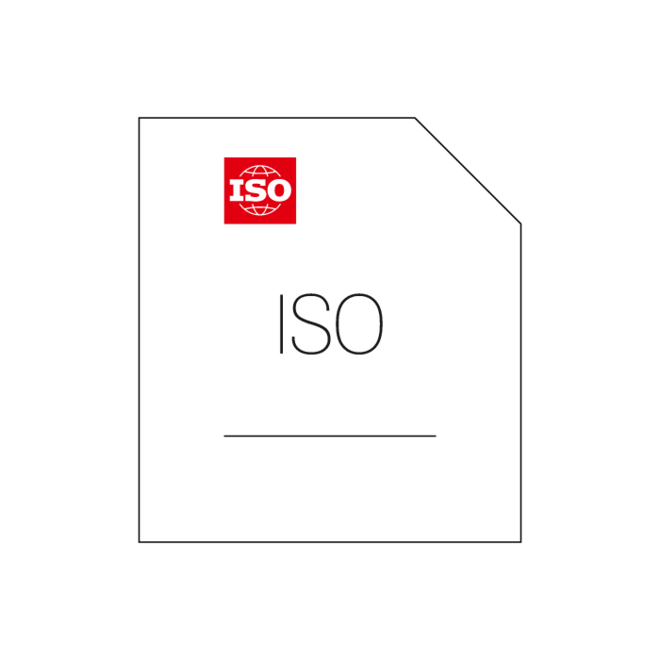

ISO/IEC 8859-14:1998
Ausgabedatum: 1998 11 26
Information technology — 8-bit single-byte coded graphic character sets — Part 14: Latin alphabet No. 8 (Celtic)
This part of ISO/IEC 8859 specifies a set of 191
coded graphic characters identified as Latin
alphabet No. 8 (Celtic).
This set of coded graphic characters is intended for
use in data and text processing applications and
also for information interchange.
The set contains graphic characters used for
general purpose applications in typical office
environments in at least the following languages:
Albanian, Basque, Breton, Catalan, Cornish,
Danish, Dutch, English, French (with restrictions,
see Annex A.1, Notes), Frisian, Galician, German,
Greenlandic, Irish Gaelic (old and new orthographies),
Italian, Latin, Luxemburgish, Manx
Gaelic, Norwegian, Portuguese, Rhaeto-Romanic,
Scottish Gaelic, Spanish, Swedish, and Welsh.
This set of coded graphic characters may be
regarded as a version of an 8-bit code according to
ISO/IEC 2022 or ISO/IEC 4873 at level 1.
This part of ISO/IEC 8859 may not be used in
conjunction with any other parts of ISO/IEC 8859.
If coded characters from more than one part are to
be used together, by means of code extension
techniques, the equivalent coded character sets
from ISO/IEC 10367 should be used instead within
a version of ISO/IEC 4873 at level 2 or level 3.
The coded characters in this set may be used in
conjunction with coded control functions selected
from ISO/IEC 6429. However, control functions are
not used to create composite graphic symbols from
two or more graphic characters (see clause 6).
NOTE ? ISO/IEC 8859 is not intended for use with
Telematic services defined by ITU-T. If information coded
according to ISO/IEC 8859 is to be transferred to such
services, it will have to conform to the requirements of
those services at the access-point.


